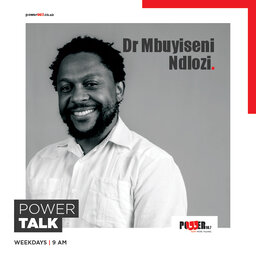From Promises to Reality: Reviewing Ramaphosa's SONA Commitments
In 2019, President Cyril Ramaphosa set out the goals of South Africa's sixth democratic administration during his inaugural State of the Nation Address (SONA), envisioning a "new dawn" for the nation. As we look forward to this evening's SONA, our discussion aims to examine the President's significant commitments made at the beginning of his tenure and their subsequent progress. Despite the significant challenges posed by the pandemic, key issues highlighted in Ramaphosa's 2019 SONA, such as unemployment, economic stagnation, Eskom, infrastructure development, healthcare, and corruption, remain persistent in South Africa. To provide an overview of the situation, in 2019, the national unemployment rate stood at 29.1%, compared to 31.9% this year, while national debt increased from $166 billion to $298 billion. Additionally, the national food basket cost rose from R3,065.28 to R5,297.58. According to AfricaCheck, compared to the promises made during his 2023 address, the outcomes present a mixed picture. Ramaphosa delivered on his pledge to unbundle the National Transmission Company from Eskom and introduced the Comprehensive Student Funding Model to support middle-class students ineligible for Nsfas. However, he fell short on infrastructure commitments, with delays in projects such as the development of Durban and Ngqura ports and the completion of the Msikaba and Mtentu bridges in the Eastern Cape province. Research Manager of the Southern Centre for Inequality Studies at Wits University Thokozile Madonko joins Morio Sanyane for the conversation.
In 1 playlist(s)
POWER Talk
POWER Talk is a mid-morning talk show programme, hosted by Dr Mbuyiseni Ndlozi. The show delves deep…Social links
Follow podcast
Recent clips

Inkabi Flow - Big Zulu Talks Beats, Bars and Breaking Boundaries
39:15

NATIONAL LOTTERY CEO INTERVIEW
47:22

39th AU Summit key highlights
41:39
 POWER Talk
POWER Talk